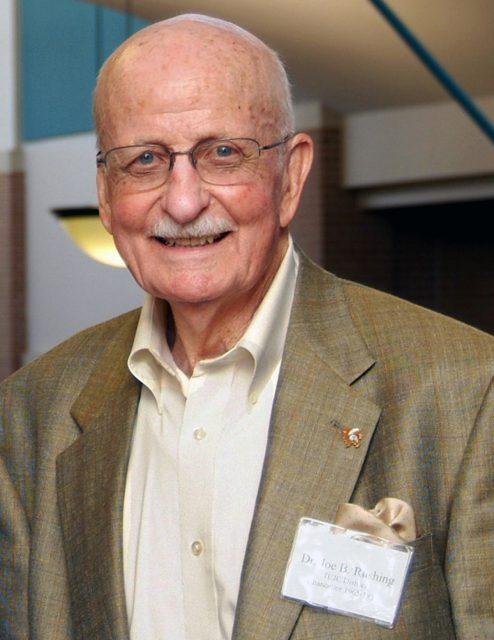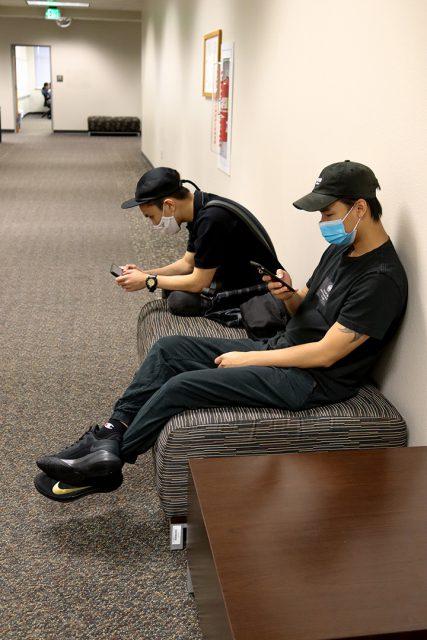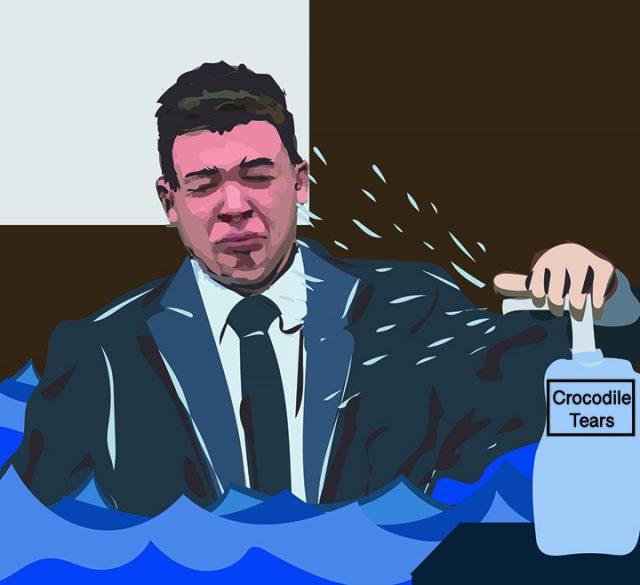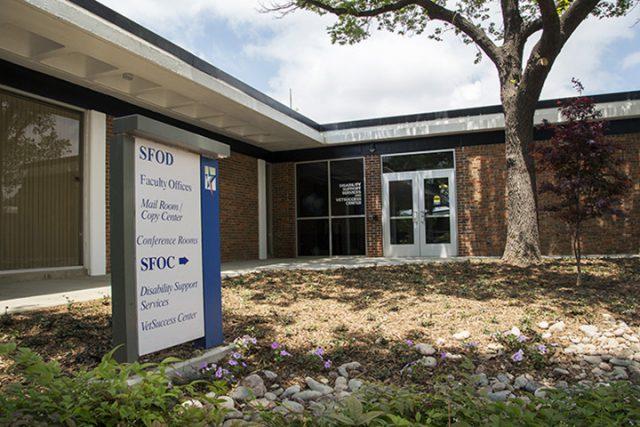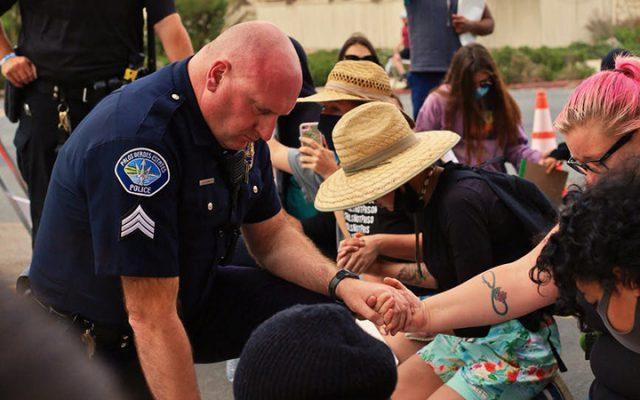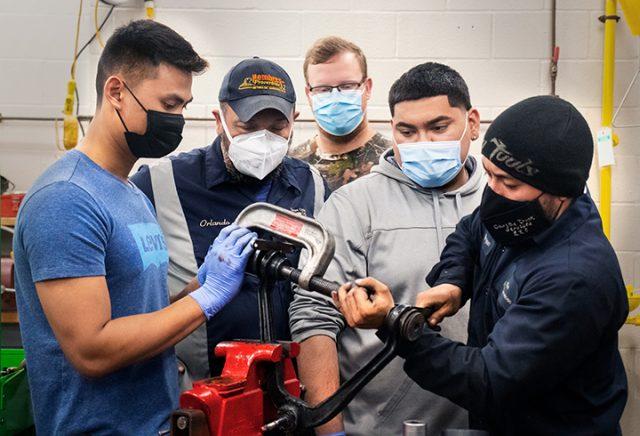
By Logan Evans
campus editor/photographer
Growing up, author Cristina Henriquez never stayed long in the same place.
She was born to a Panamanian father and an American mother and spent her youth being whisked around the country, never putting down roots anywhere. This left her with lingering questions.
“I’m so used to that feeling of trying to assess where my home is,” she said. “Where do I belong? Who do I belong with?”
Henriquez channeled these questions into her 2014 novel “The Book of the Unknown Americans,” which follows several immigrant families living in an apartment building. Last summer, the book was chosen by TCC as the “common reader” book for the current school year, to be read in more than 36 classes.
On April 6, four students — winners of an essay contest — were given the chance to share their own interpretation of “home” with Henriquez during a live virtual event, “Conversations with Cristina Henriquez.” Each student read their winning essay and received personal feedback from the author.
South student Sueyon Kwon’s essay described feeling overwhelmed when she first moved to Texas from her native South Korea.
“I felt as if I were born again,” she read.
She recalled sitting in a library and shuddering from the cold. Nobody had warned her about air-conditioning in Texas; that temperatures indoors were often much cooler than the temperature outdoors. In South Korea, she said, there’s no need to bring a jacket inside.
Being surrounded by a new environment with what felt like a million little differences adding up, Sueyon became depressed. Then, she made a friend — a girl named Grace — who comforted her and suggested she open herself up to the adventure of living somewhere new.
“Her advice changed my perspective,” Sueyon read.
Henriquez praised the detail of Kwon’s writing.
“When you tell those specific experiences that you think are unique to you, those are the exact things people relate to,” she said.
NW student Maried Toro wrote about celebration, comparing Navidades in her native Puerto Rico to Christmas in the U.S. She misses the music and food of her homeland, but finds holidays in Texas to be special as well.
“I enjoy visiting the city of Grapevine, seeing all the decorations and feeling the Christmas spirit,” she read.
Toro said living in Texas has provided her a sense of security that was missing in Puerto Rico following the impact of Hurricane Maria in 2017, which left the island without electricity and supplies.
In Texas, Toro and her family enjoy exploring new things. They eat brisket and listen to country music, but they still hold the traditions of their home close.
“We keep memories of mountains and sunsets from Puerto Rico,” she read.
Henriquez called attention to the richness of Toro’s essay, and the poetry in how she presented a blending of cultures.
South student Sooa Pyo wrote that home is not defined by a place, but by the people living in that place. In South Korea, Pyo’s family lives in a building with two other families. Her village has “huge lawns, a running track, a swimming pool, a cafe and many other houses,” but more than any of that, Pyo values the people and activities that give it life.
“I am a goalkeeper on my soccer team,” she read. “We play in stocking feet on huge lawns.”
Pyo said that although her team sometimes struggles, the sport brings them closer together.
“The precious thing about playing soccer is that people can play, squabble and share their lives,” she read.
Henriquez related Pyo’s essay to the themes of community that she searched for in “The Book of the Unknown Americans.”
“It makes the whole piece feel so cohesive,” she said.
TR student Sahar Lateef centered themes of family and community around a specific memory of her family making Dolma — a Middle Eastern dish — in her childhood kitchen in Iraq.
“My grandmother says, ‘Sahar, come wash and slice the onions. Come cry with us,’” she read.
She described her family gathered in a small kitchen with tiled walls and yellow and blue floors while her grandmother and mother playfully gossip about other family members. Experiences like this made an impact on her, she said, and she hopes to give her future children something similar.
“I will teach my daughter and granddaughter our secret process to make Dolma,” she read.
Henriquez highlighted the care taken in the way Lateef described her family.
“That is just so lovely,” she said.
Closing the event, professor Krista Rascoe thanked Henriquez for the opportunity given to students to share their experience.
“It means a lot to them, and to us,” she said.






















